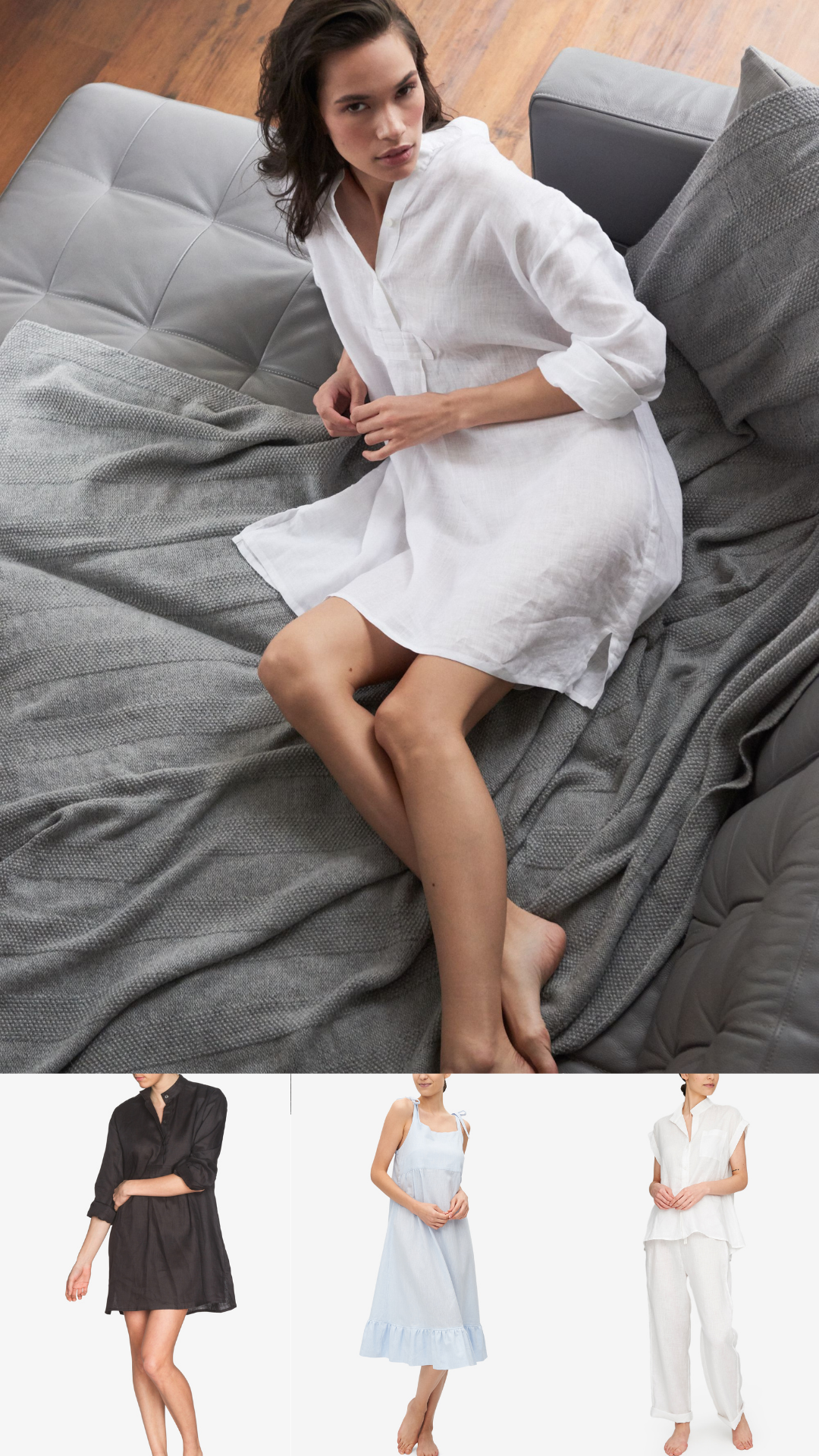In fact, did you know that sleep issues touch a massive group of workers? 80% of workers rate themselves as unproductive when fatigued; and 52% find themselves irritable. 80% and 52%? Wow. Imagine the change in work production if people weren’t constantly fatigued.
With that in mind, I’m here to help. As a sleep expert with over 9 years of academics, I’ve got some great science-based tips that are straightforward strategies that will help you fall asleep faster, and naturally.
With four sleep tips, you can rest well knowing that you’ll not only fall asleep faster, but you’ll sleep sounder. The benefits will play into the entire next day because you’ll finally feel rested!
1. Use biomarkers to track your sleep
Implementing change is great – but how can you know if it’s working or not? One of the great things about technology is that new apps and devices become available to help remedy your situation. One such tracking device that uses biomarkers is called Dreem. What it does is provide extensive insight into your sleep. Each morning, your ‘Night Card’ shares your sleep quality – including how long it took you to fall asleep and how efficient it was.
After a week, your Sleep Report enables you to see if your sleep is improving or not. And if you’re anything like existing users, that’s exactly what will happen. Research shows 91% of users fall asleep faster; taking on average 21 minutes less per night; and 78% have less broken sleep, waking 2.5 times fewer times each night.
2. Take the correct magnesium
If you’re looking to get more out of your sleep and feel more refreshed, there’s something you should know. A key factor is magnesium, based on clinical trials. How does it work? It heightens sleep efficiency and helps you sleep deeply while waking up less.
That said, there are 7 types of magnesium most relevant to sleep and stress – so for best results, you need to be taking a supplement which provides them all. One such example is BiOptimizers Magnesium Breakthrough. It contains Vitamin B6 which helps you produce melatonin, the sleepiness hormone. If you think you’re lacking in magnesium, you can give this a shot to see if it helps.
3. Sleep in luscious linen.
Keen to fall asleep faster? Evidence shows melatonin, the hormone which helps you fall asleep, is produced in higher amounts when you are cool. And while AC can help, if you’re sleeping in synthetic fibres, you’re still likely to wake up in a sweaty mess. Cue luxury linen pyjamas from The Sleep Shirt. Curated from luscious linen, this thermoregulatory fabric absorbs moisture, keeping you cool.
Result? First, you’re less likely to wake up in a sweat. Second, sleepiness hormone melatonin stays higher through the evening, helping you sleep properly.

4. Upgrade your bedding
Another key to better sleep is to consider your bedding. By sleeping on natural Phase Change Material (PCM) – a fabric which can absorb your body heat and keep you cool through the night, you’ll find yourself snoozing and staying asleep in no time.
Did you know improper bedding can impede melatonin production – the sleepiness hormone? It’s no surprise that research indicates sleep quality is compromised by overheating. Further, excessive body heat is linked to sleeping problems such as nighttime wakings and excessive daytime fatigue. One company (Bambi’s bedding) is doing its part to help with anti-allergenic and anti-bacterial elements, while offering this revolutionary PCM fabric.
5. Be clever with your evening perfume
We all love to leave a lingering scent when we exit a room; and if you’re smart about it, it can aid your sleep too. By seeking out florals such as Gardenia, you’ll help your body produce calming neurotransmitter GABA.
Consequently, you’re more likely to be relaxed and fall asleep with greater ease. Another thing to look for in your evening perfume is anti-inflammatory rosehip oil – it can help with sleep interrupting aches and pains. Two more sleeping scents to consider are sandalwood and hints of ylang.
BIO:
Olivia is a Sleep Expert (Bachelor of Social Science (Psychology); Certificate of Sleep Psychology,
Diploma of Health Science (Nutritional Medicine); Certificate of Fitness III + IV).
With features on The Today Show, BBC Radio, and Daily Mail, plus partnerships with global brands Sealy Posturepedic and Ikea, Olivia’s expertise is delivering straightforward, science-based strategies to improve sleep.

